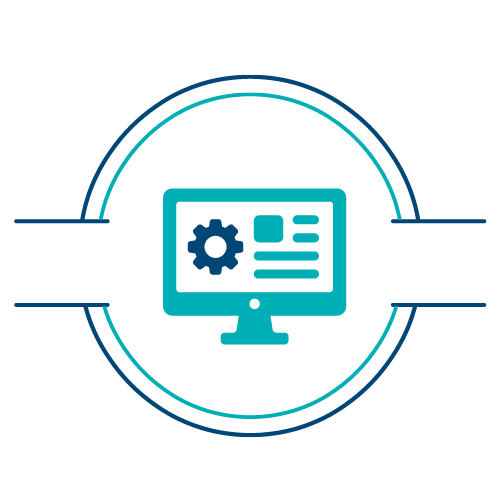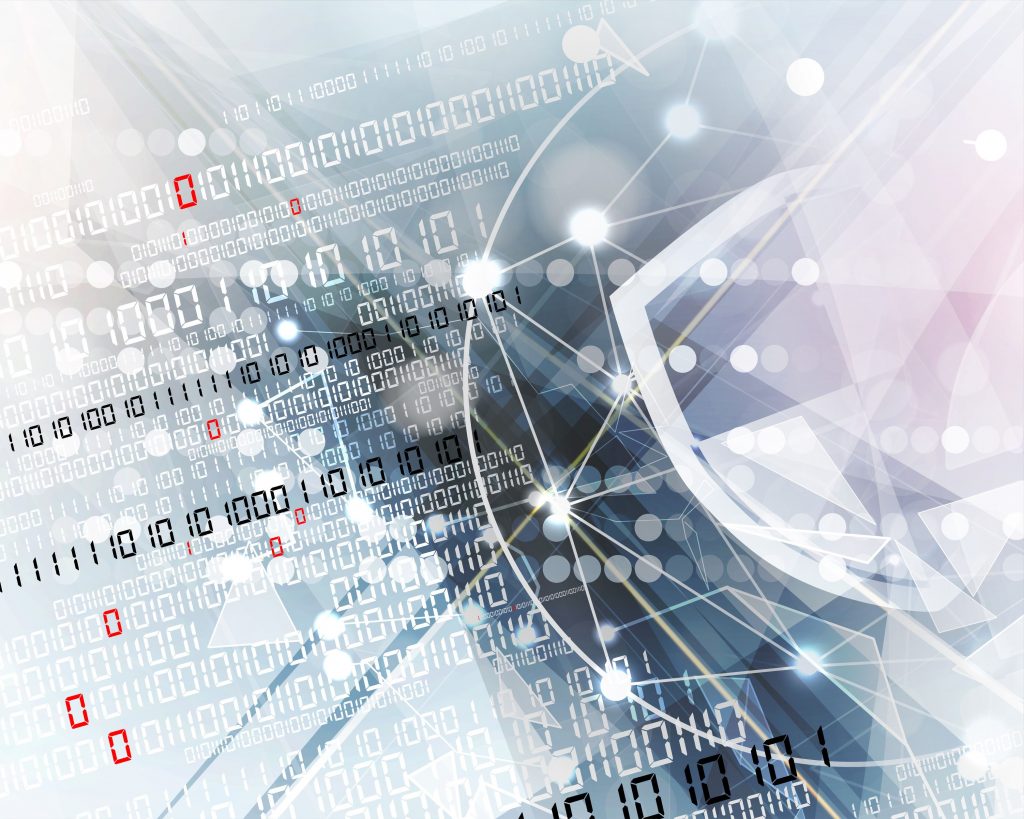BACKGROUND
Policing and security (P&S) organisations face the challenge of balancing the significant opportunities of artificial intelligence (AI) for safeguarding society with their concerns and expectations about its responsible use.
AI is already becoming an effective and efficient solution for supporting policing activities. For example, the police utilise AI against priority crimes such as terrorism, organised crime, human trafficking, and child sexual exploitation (e.g., in facial recognition technology, video editing, or for the enhancement and predictive modelling of crime distribution). Meanwhile, current testing assesses how AI can support the prevention of crimes, e.g., for detecting cyber-attacks, large-scale fraud, or disinformation campaigns. In reality, AI will be indispensable for P&S organisations, given the scale, proliferation and mutability of some crime types, the adoption of AI-enabled technologies by criminals and crime networks, and the sheer volumes of data involved.
At the same time, the potential harm from misunderstandings, technical errors or misuse of AI in the P&S domain is high. When AI use is careless, inappropriate or misunderstood, risks arise to individuals, communities and society. This raises key challenges for the technological design, legal implementation, and societal legitimacy of AI in the P&S domain. Therefore, the challenges arising from AI use by LEAs need to be managed proactively, dynamically and systemically to safeguard and benefit society.

AIPAS aims to increase the resources and expertise of actors in the Policing and Security (P&S) domain to efficiently and competently evaluate AI technologies and their impacts, and address and redress issues if they arise. Ultimately, AIPAS aims to empower the UK P&S ecosystem to ensure and enact AI Accountability.
ACCOUNTABLE AI
AIPAS will advance the framework of AI Accountability Principles developed by researchers in the AIPAS team to enhance the operational and governance capabilities of the P&S-related AI ecosystem in the UK.
AI Accountability was proposed in 2021 in the AP4AI (Accountability Principles for AI) Project as a guiding framework for AI use in Justice and Home Affairs Agencies, as accountability is the only concept that binds organisations to enforceable obligations and thus the only approach that establishes a foundation with actionable procedures at its core.
The core difference between AI Accountability and concepts of Responsible, Explainable, and Trustworthy AI is the clear formulation of where responsibility for fulfilling obligations resides and why, together with the understanding that not meeting these obligations will lead to significant consequences.
OBJECTIVES
AIPAS has three objectives with the aim to create impact on three levels:
Operational Objective
Improve the knowledge and capabilities of UK LEAs and actors in the P&S domain to assess and integrate AI Accountability into the design, procurement, and deployment decision-making for specific AI capabilities.
Policy Objective
Support policy-making and governance bodies with a mature, tested and (expert and citizen) validated definition of AI Accountability for the nationally critical area of P&S.
Societal Objective
Improve the participation of society in the discussions and decision-making about AI use for P&S purposes as an integral part of AI Accountability procedures.
PRODUCTS
AIPAS will create a much-needed definition, operationalisation, and deployment capabilities for AI Accountability in the UK P&S domain, making it accessible to P&S practitioners, oversight bodies, and, crucially, society.

AIPAS Guidelines and Software Tool
AIPAS will develop detailed implementation guidelines and a supporting software tool for realising AI Accountability for the UK Policing and Security ecosystem so that AI Accountability can be tested and demonstrated against a carefully (expert and citizen) validated and practitioner-focused standard specific to the UK P&S domain.

Practical AI Accountability
An important vector to success will be contextualising AI Accountability to the core crime areas where society will benefit most from police AI deployments. AIPAS focuses on AI Accountability as a practical mechanism. It is not aimed at ‘replacing’ existing frameworks but at establishing the conceptual and practical tools that can make it part of national regulations and operational practice.
USE CASES
AIPAS will contextualise and validate the guidelines, software tool, and mechanisms to four key crime areas.
Forensics
Data from physical forensics, such as fingerprints or DNA, are held by police forces in large, structured databases. The potential for AI to speed up labour-intensive and time-consuming processes may provide significant efficiencies for forensic services
Counter-Terrorism
There are opportunities for AI across the full spectrum of counter-terrorism operations, from detecting those vulnerable to radicalisation to the early identification of threats and the analysis of terrorist content. Deployed safely, AI could provide significant enhancements to current operational capabilities.
Child Sexual Exploitation
The volumes of data associated with the investigation of CSE crimes are immense. Analysis of images, the prioritisation of materials and support for victim identification can all be enhanced by AI, leading to the earlier safeguarding of victims and reduced exposure to harmful materials for investigators.
Serious and Organised Crime
Serious and organised crime is a complex phenomenon linked to drugs, firearms and human trafficking. AI may help gather online evidence, detect patterns, and analyse huge amounts of information to provide an enhanced operational picture.
IMPACT
AIPAS will seek to impact three strategic areas by
Improving operational knowledge and
capabilities about AI in UK Policing and Security.
Supporting policy-making and governance
bodies in creating foundations for AI
Accountability.
Improving the participation of society in the
discussions and decision-making about AI use for P&S purposes.

